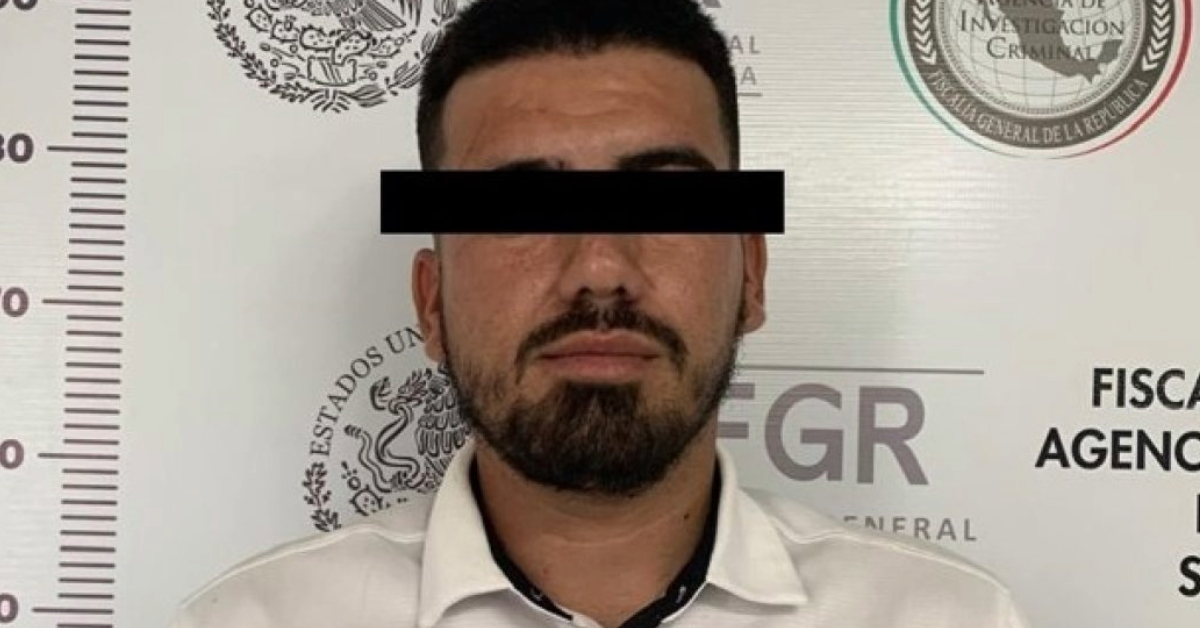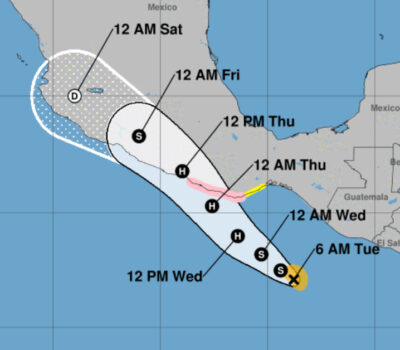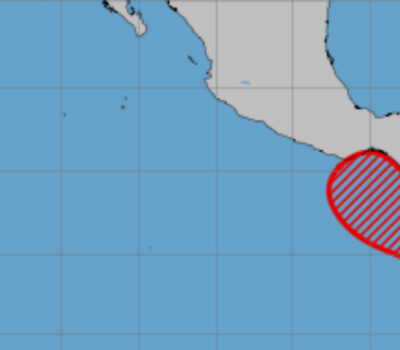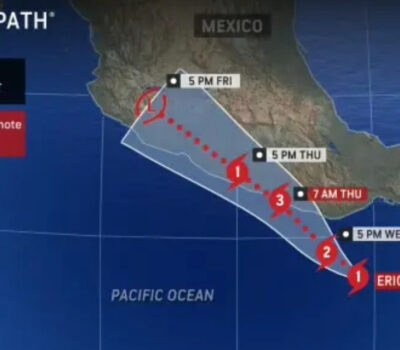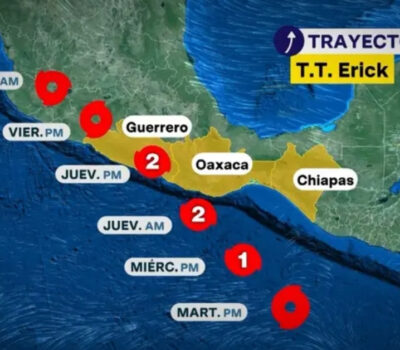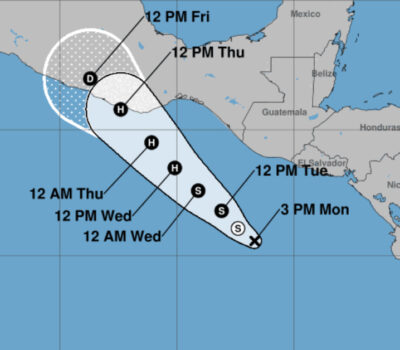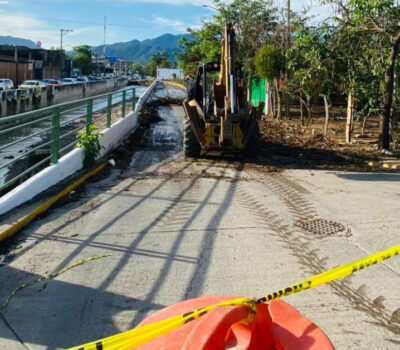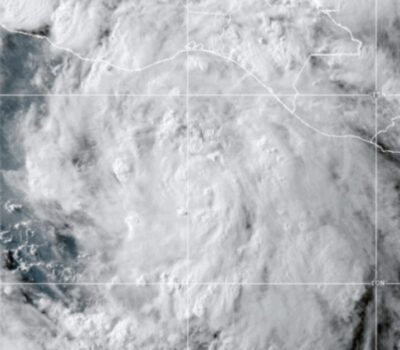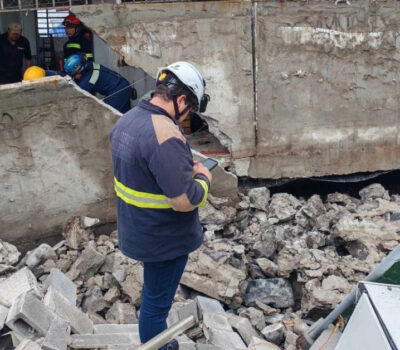A man faces charges after authorities seized 21 live cartridges in his backpack at Puerto Vallarta airport in an alleged attempt to travel to the United States with live cartridges.
A 29-year-old man identified as Jorge L. was arrested at Puerto Vallarta’s Gustavo Díaz Ordaz International Airport after security agents discovered 21 live cartridges hidden in his tactical backpack. Federal authorities say he attempted to board a flight to the United States with ammunition reserved for military use.
According to the Attorney General’s Office (FGR) statement DPE/2348/2025, the Specialized Regional Control Prosecutor’s Office in Jalisco secured a court order to link Jorge L. to criminal proceedings. The order, granted by an Accusatory Criminal System judge, charged him with violating Mexico’s Federal Law on Firearms and Explosives, specifically for possessing cartridges exclusive to the Armed Forces.
Airport security detected the cartridges when Jorge L. entered the passenger inspection area and passed through an X-ray machine. Agents opened his backpack and removed 21 cartridges of various calibers. Under Mexican law, civilians may not carry or transport ammunition of this type without proper authorization.
Once detained, Jorge L. was handed over to the Federal Public Prosecutor’s Office, which confirmed the arrest’s legality before referring him back to the specialized judge. The judge issued a formal indictment warrant, ensuring that Jorge L. faces trial for the alleged violation.
As a precautionary measure, authorities ordered Jorge L. held in preventive detention. He will remain at the Puente Grande Preventive Detention Station in Jalisco for the duration of the legal process. The facility is equipped to house defendants in high-risk or serious criminal cases.
The FGR emphasized its commitment to intercepting illegal arms and ammunition trafficking. Airport checkpoints, X-ray screenings, and intelligence operations have intensified in recent months to block dangerous materials from reaching organized crime or crossing international borders.
Puerto Vallarta airport handles thousands of passengers daily, many bound for destinations in the United States. Security protocols include metal detectors, X-ray scanners, and random bag checks. Despite these measures, cases of hidden weapons and ammunition persist, raising concerns about smuggling networks and insider collusion.
In this case, investigators will review surveillance footage, passenger manifests, and any communication records to determine whether Jorge L. acted alone or as part of a larger scheme. The Prosecutor’s Office may also seek digital evidence, such as phone logs or social media messages, to uncover potential accomplices.
Local authorities in Vallarta praised the FGR’s swift action. “Preventing illegal arms trafficking protects both travelers and the broader community,” said a spokesman for the airport police. “Each seizure reduces the risk of violence and strengthens public safety.”
Under Mexican penal guidelines, trafficking prohibited ammunition carries penalties ranging from five to fifteen years in prison. If the court finds sufficient evidence of intent to smuggle cartridges across the border, Jorge L. could face the upper end of that sentencing bracket.
A man faces charges after authorities seized 21 live cartridges in his backpack at Puerto Vallarta airport in an alleged attempt to . . .

